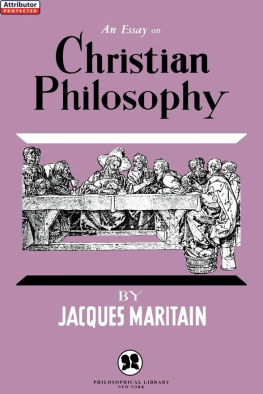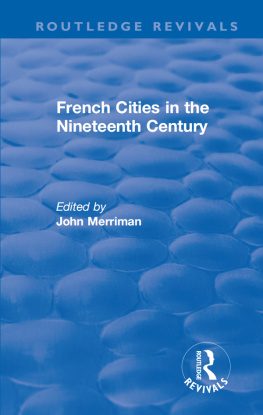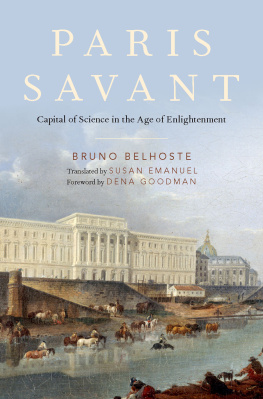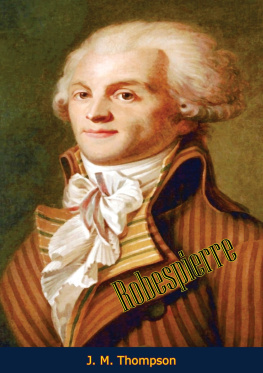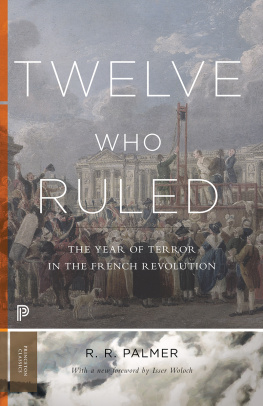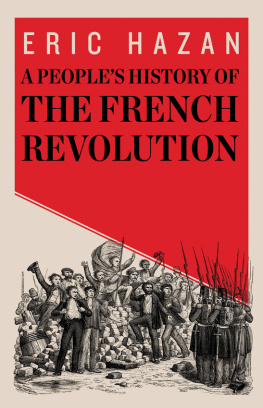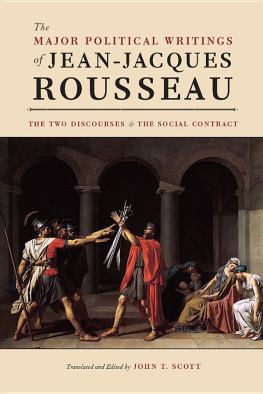Silvana Greco - Moses Dobruska and the Invention of Social Philosophy: Utopia, Judaism, and Heresy under the French Revolution
Here you can read online Silvana Greco - Moses Dobruska and the Invention of Social Philosophy: Utopia, Judaism, and Heresy under the French Revolution full text of the book (entire story) in english for free. Download pdf and epub, get meaning, cover and reviews about this ebook. City: Oldenburg, year: 2022, publisher: De Gruyter Oldenbourg, genre: History. Description of the work, (preface) as well as reviews are available. Best literature library LitArk.com created for fans of good reading and offers a wide selection of genres:
Romance novel
Science fiction
Adventure
Detective
Science
History
Home and family
Prose
Art
Politics
Computer
Non-fiction
Religion
Business
Children
Humor
Choose a favorite category and find really read worthwhile books. Enjoy immersion in the world of imagination, feel the emotions of the characters or learn something new for yourself, make an fascinating discovery.

- Book:Moses Dobruska and the Invention of Social Philosophy: Utopia, Judaism, and Heresy under the French Revolution
- Author:
- Publisher:De Gruyter Oldenbourg
- Genre:
- Year:2022
- City:Oldenburg
- Rating:5 / 5
- Favourites:Add to favourites
- Your mark:
Moses Dobruska and the Invention of Social Philosophy: Utopia, Judaism, and Heresy under the French Revolution: summary, description and annotation
We offer to read an annotation, description, summary or preface (depends on what the author of the book "Moses Dobruska and the Invention of Social Philosophy: Utopia, Judaism, and Heresy under the French Revolution" wrote himself). If you haven't found the necessary information about the book — write in the comments, we will try to find it.
This book proposes, for the first time, an in-depth analysis of the Philosophie sociale, published in Paris in 1793 by Moses Dobruska (1753-1794). Dobruska was a businessman, scholar, and social philosopher, born into a Jewish family in Moravia, who converted to Catholicism, gained wide recognition at the Habsburg court in Vienna, and then emigrated to France to join the French Revolution.
Dobruska, who took on the name Junius Frey during his Parisian sojourn, barely survived his book. Accused of conspiring on behalf of foreign powers, he was guillotined on April 5, 1794, at the height of The Terror, on the same day as Georges Jacques Danton.
From Dobruskas ideas, which were widely used between the late eighteenth century and the first decades of the nineteenth century without attribution to their author, emerge some of the key concepts of the social sciences as we know them today. An enthusiastic and unfortunate revolutionary and sometimes a brilliant theorist, Moses Dobruska deserves a role of his own in the history of sociology.
Click here for a video book presentation by the author.
Silvana Greco: author's other books
Who wrote Moses Dobruska and the Invention of Social Philosophy: Utopia, Judaism, and Heresy under the French Revolution? Find out the surname, the name of the author of the book and a list of all author's works by series.

